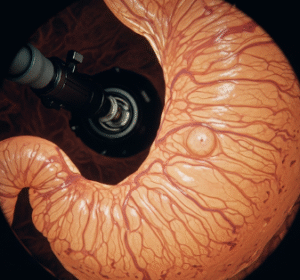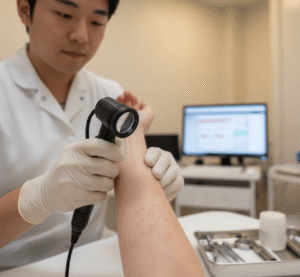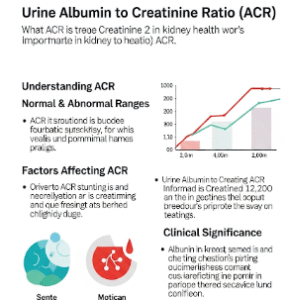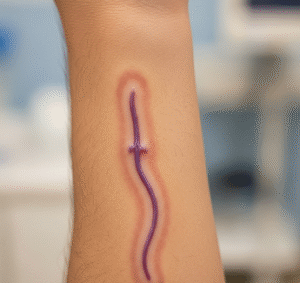Overview
Oral aversion is a condition in which an individual, typically an infant or young child, refuses or avoids eating, drinking, or allowing anything near or in their mouth. This behavior is not due to lack of appetite or physical inability to eat, but rather due to emotional, sensory, or traumatic responses. Oral aversion can significantly impact feeding development and nutrition and often requires intervention by medical, nutritional, and therapeutic professionals.
What is Oral Aversion?
Oral aversion is a behavioral and sensory-based response where a child (or adult in some cases) reacts negatively to oral experiences such as feeding, brushing teeth, or using a pacifier. It is especially common in infants with medical histories that involve tube feeding, prolonged intubation, or oral trauma.
Children with oral aversion may gag, cry, turn away, arch their back, or completely refuse oral feeding, even when hungry. This reaction stems from negative associations with oral experiences, which can interfere with normal development of feeding and oral motor skills.
Symptoms
Signs of oral aversion may vary in severity and can present as:
- Refusing to eat or drink, even when hungry
- Crying or fussing at the sight of food or bottle
- Gagging or vomiting when food or utensils approach the mouth
- Turning the head, pushing away hands or utensils
- Aversion to brushing teeth or using a pacifier
- Sensitivity to textures, temperatures, or types of food
- Delayed introduction of solid foods
- Overdependence on tube feeding
Causes
Oral aversion can be caused by negative oral experiences, sensory processing difficulties, or medical conditions. Common causes include:
- Prolonged tube feeding (nasogastric or gastrostomy tubes)
- Intubation or suctioning during neonatal or pediatric care
- Painful or traumatic oral experiences (e.g., reflux, choking)
- Neurological or developmental disorders (e.g., autism, cerebral palsy)
- Prematurity, which may delay oral skill development
- Sensory processing disorder or oral hypersensitivity
- Negative feeding interactions (force feeding, high anxiety environments)
Risk Factors
Several factors increase the likelihood of developing oral aversion:
- Infants born prematurely or with low birth weight
- Babies who require NICU stays, intubation, or feeding tubes
- Children with congenital anomalies (e.g., cleft palate, GI malformations)
- Sensory or developmental delays
- History of gastroesophageal reflux disease (GERD)
- High-anxiety feeding environments or parental stress during meals
Complications
If not addressed early, oral aversion can lead to:
- Malnutrition or failure to thrive
- Oral motor delay and poor chewing or swallowing skills
- Dependence on tube feeding
- Feeding refusal or selective eating later in childhood
- Growth delays and compromised immune function
- Emotional and behavioral problems around mealtime
- Increased family stress and caregiver burnout
Prevention
While not all causes are preventable, early intervention and supportive feeding environments can reduce the risk:
- Use gentle oral stimulation early and often in at-risk infants
- Pair tube feeding with positive oral experiences like pacifier sucking or oral massage
- Avoid force feeding or high-pressure feeding techniques
- Monitor and treat reflux or oral pain
- Encourage self-feeding and food exploration when developmentally appropriate
- Create a calm, supportive feeding environment
- Educate caregivers on responsive and sensory-friendly feeding approaches
Treatment Options in Korea
South Korea offers advanced pediatric feeding therapy and multidisciplinary support for children with oral aversion. Treatment typically involves:
- Pediatric feeding therapy: Conducted by occupational or speech-language therapists to improve oral motor skills and reduce fear
- Sensory integration therapy: For children with sensory processing issues
- Behavioral therapy: To gradually build tolerance to oral stimuli through desensitization and positive reinforcement
- Nutritional support: Provided by pediatric dietitians to ensure adequate calorie and nutrient intake
- Medical treatment: For underlying conditions like reflux or oral trauma
- Family counseling and education: To support caregivers and improve feeding interactions
Leading Korean hospitals such as Seoul National University Children’s Hospital, Asan Medical Center, and Samsung Medical Center provide comprehensive feeding clinics staffed by pediatricians, therapists, and nutritionists who specialize in treating complex feeding issues, including oral aversion.













